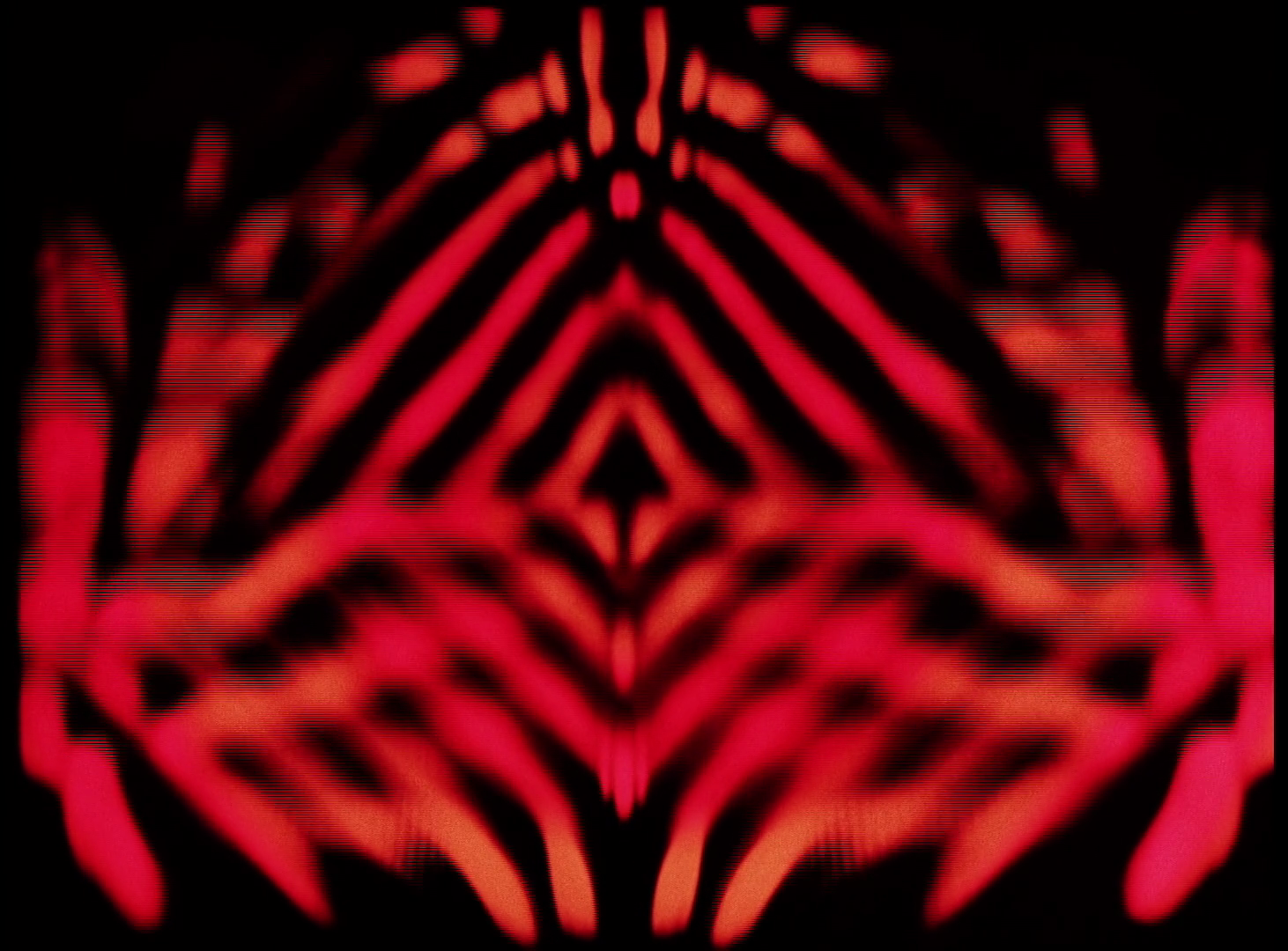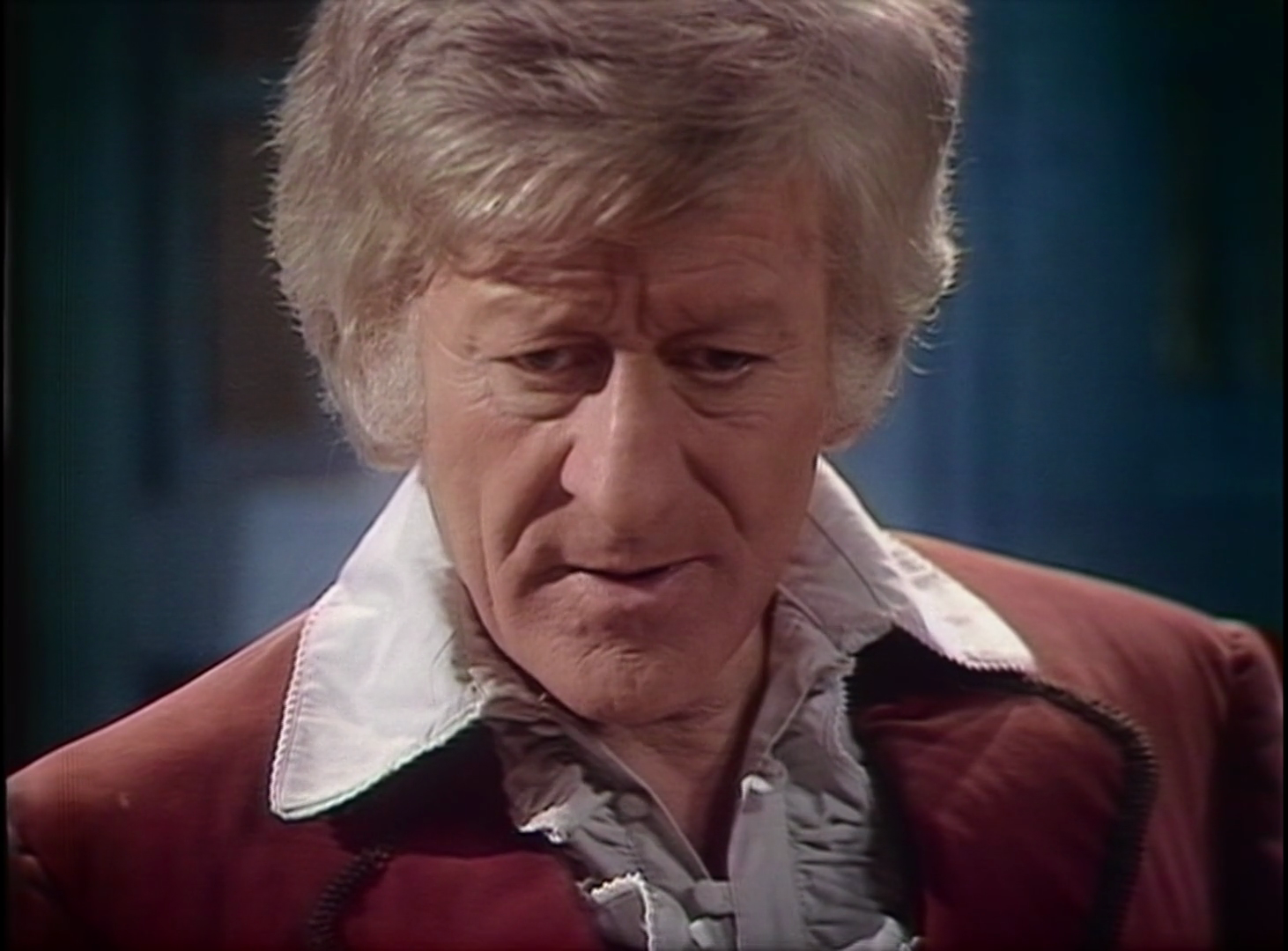Doctor Who and the Highest Stakes
Doctor Who has come a long way in sixty years of storytelling. Perhaps it has come too far.

Doctor Who wasn't my first fandom. I remember being an impatient pre-schooler trying to sit still while my parents watched Star Trek: The Motion Picture, and (later) lying on the living room floor watching the 1960s re-runs. But those are shows I watched with my parents; they were not the shows I sought out on my own. The first of those was Lost in Space, which I found in early morning syndicated reruns during the summer months. But then there was Doctor Who, which I found completely by accident on PBS while flipping channels.
All through middle school and high school I was a Doctor Who fan. I only ever met one other fan in high school, a very strange girl who walked the school hallways trailing a long scarf, but she wasn't around very long before she just bamfed off to college several years earlier than the rest of us.
The late 80s was a really lonely time to be a young Whovian in rural Virginia. It was probably not a great time to be a Whovian in England, either – the series was struggling, then cancelled entirely.

I was really excited for the revival series, but Christopher Eccleston left me cold. He was cool! And moody! And wore a leather jacket! The Doctor was supposed to be eccentric, a being out of time and place. He was supposed to represent me, not the kind of person that ignored me. That was my initial discomfort.
Now, recently I've been revisiting the old Jon Pertwee episodes and I realize that Pertwee – despite not being young – was also supposed to be cool. He just didn't seem cool to me because I was young and he was cool before I was born. I didn't have the right context.
The 10th, 11th, and 12th Doctors were all much more my speed – all awkward, distracted, and with a kind of naked nerdy enthusiasm I'd long given up trying to hide. But then the stakes would get super high and he'd get all messianic. Seasons get punctuated by these big, arrogant speeches: "oh, you thought I was just some meddling schlub. But surprise, motherfucker! I'm the closest thing to a god you'll ever see! I am… the Doctor!"
Throughout the revival series this kind of stuff just snowballed. I seem to recall a shocking reveal that "the Doctor" is not a name he adopted, but that all "doctors" have named themselves after him without knowing it. Every time the series needs a new shocking reveal, it pushes the Doctor closer and closer to the Ground of Being. I haven't made it through the 13th Doctor's stories yet, but I understand that trend continued through a third show-runner.
But I've been revisiting the old stories in order. Also now we have Wikipedia. And I'm learning that this pattern has been in the Doctor Who DNA from almost the beginning. Were the Time Lords gods? Or just beings who were arrogant enough to think themselves gods? The series seems to have gone back and forth on that since the idea of "Time Lords" was formalized at the end of the 2nd Doctor's run. It seems to have depended on the show-runner. It's just this century's storytellers who have been unanimously attached to the idea.
It's such a dangerous storytelling pattern, though. Deity doesn't make for great storytelling, at least not as a point-of-view character. If the Doctor is the next thing to God (or maybe God!) why all the running down corridors? It's a big reveal that sucks all of the drama, both past and present, out of the show.
Part of this is just the storytelling style, and modern television's need to have everything on as large a dramatic scope as possible in Every. Single. Scene.
But maybe part of it is having one character whose storyline has been developed for over sixty years. If you have to keep increasing the stakes, do you just naturally end up with "oh, turns out this character was God all along?"
It makes me appreciate the franchises that try to break away from the original characters as much as possible. Doctor Who makes Star Trek's "Kelvin timeline" seem like a better idea. It justifies the constant character reboots of DC and Marvel. Or the "cinematic universe" of Star Wars, where minor characters like Boba Fett get to become the main character for a time. Or new ones, like the Mandalorian, arise.
I'm not sure where you go with Doctor Who from here. How do you dial that back? Can you dial it back? Is there anything you can do about a story told too long?